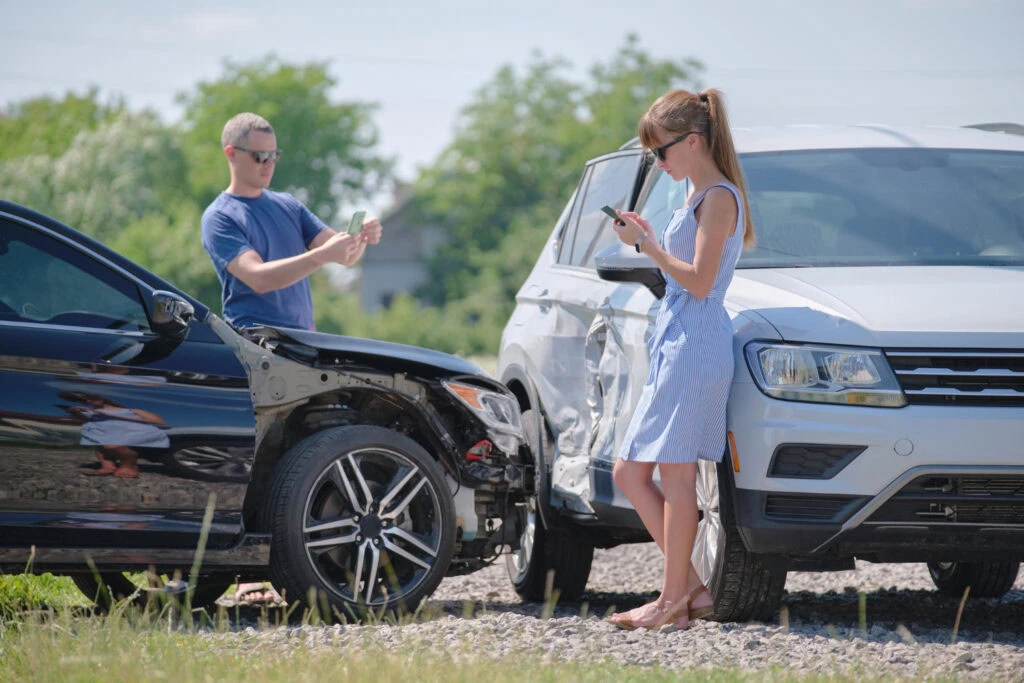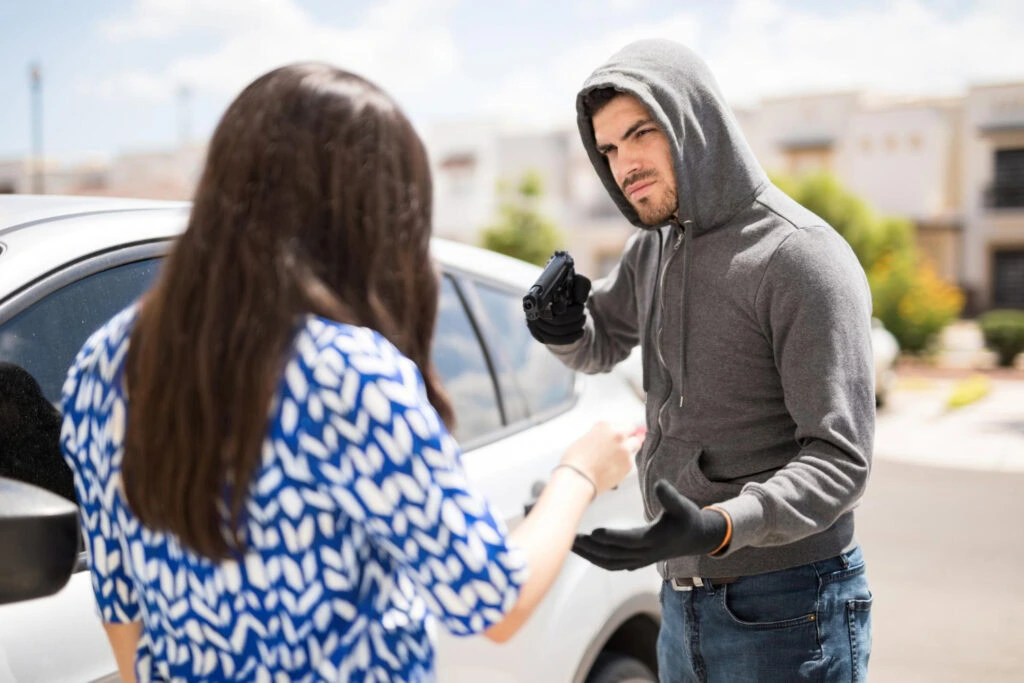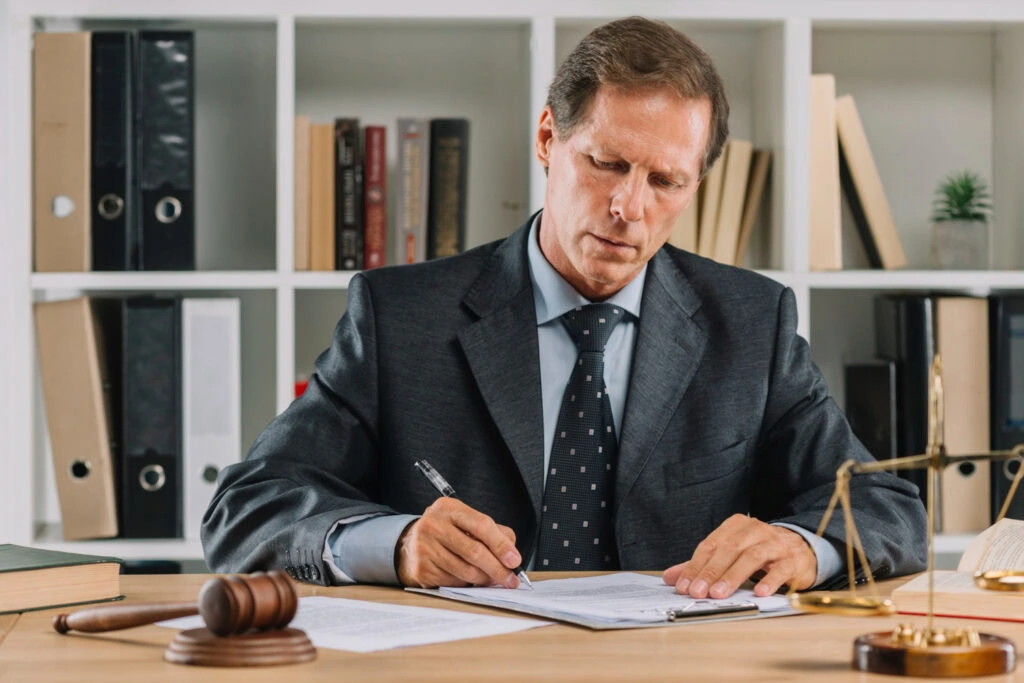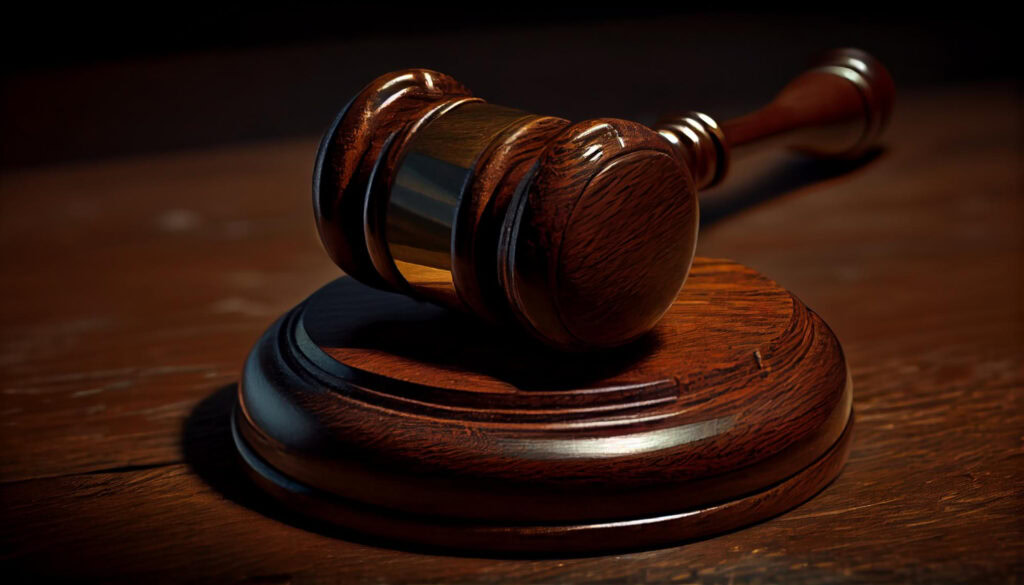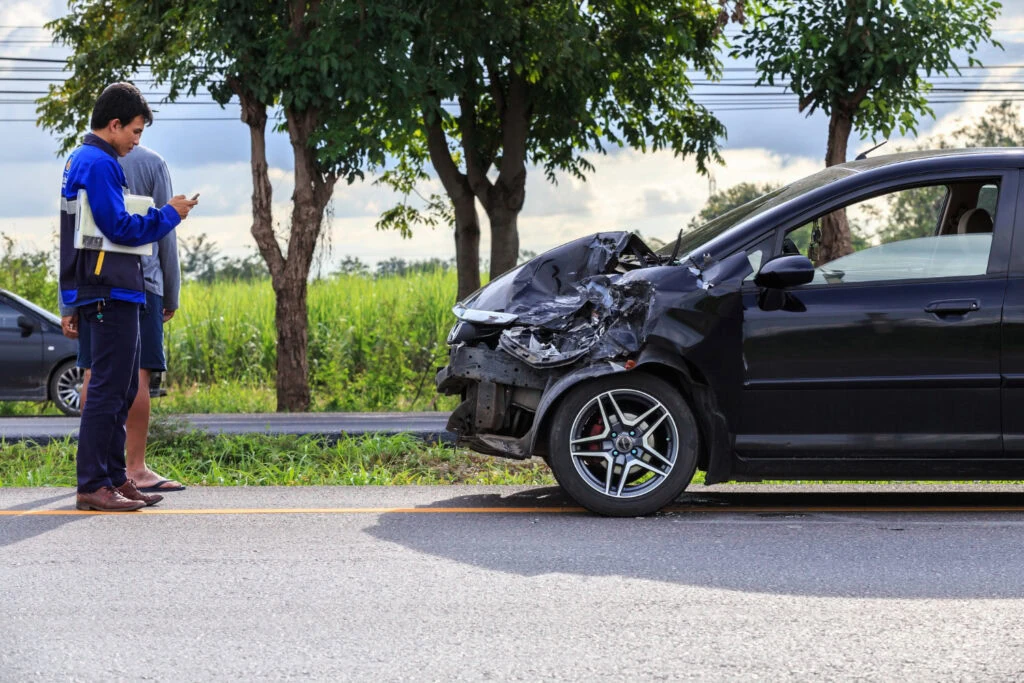You are walking down the street and a police officer comes up to you and asks for you to show your ID. You prefer not to show your ID, but you know that there are exceptions to the Fourth Amendment, which does not allow for unreasonable searches and seizures, and you’d prefer not to get into trouble. Understanding your rights allows you to make educated decisions. This article will break down the laws surrounding showing your ID to a police officer in California.
What are my rights under the Fourth Amendment?
The Fourth Amendment to the US Constitution preserves the citizen’s right to privacy from the government. There are legal safeguards in place to protect both the citizens and those in law enforcement.
In the case of showing an ID to a police officer, there are certain instances where the citizen can maintain their right to privacy as well as instances where the citizen’s privacy inhibits law enforcement from doing their job. Even when law enforcement needs to search or seize a person’s property or person, there are guidelines and boundaries that are in place to protect the citizen.
What is the “Stop and Identify” Statute?
Let’s say that you’re walking down the street, and a police officer stops you and asks you to identify yourself. What are your rights in this situation?
Some states have a “Stop and Identify” Statute which requires that a person stop and provide identification should a police officer request it. The officer is authorized by law to make such a request, and denying the request can lead to the person’s arrest.
California does not have a Stop and Identify law.
However, if an officer were to ask for you to ID yourself while you were walking on the streets of California, you can politely decline the request. If the police officer insists that you show your ID, you can politely ask why they would like to see it.
One reason an officer may ask to see your ID is because they have probable cause that someone has committed a crime. By showing your ID, the police can cross you off their list as a possible suspect. In this case, it would be wise to show your ID.
Can you be arrested for refusing to show your ID?
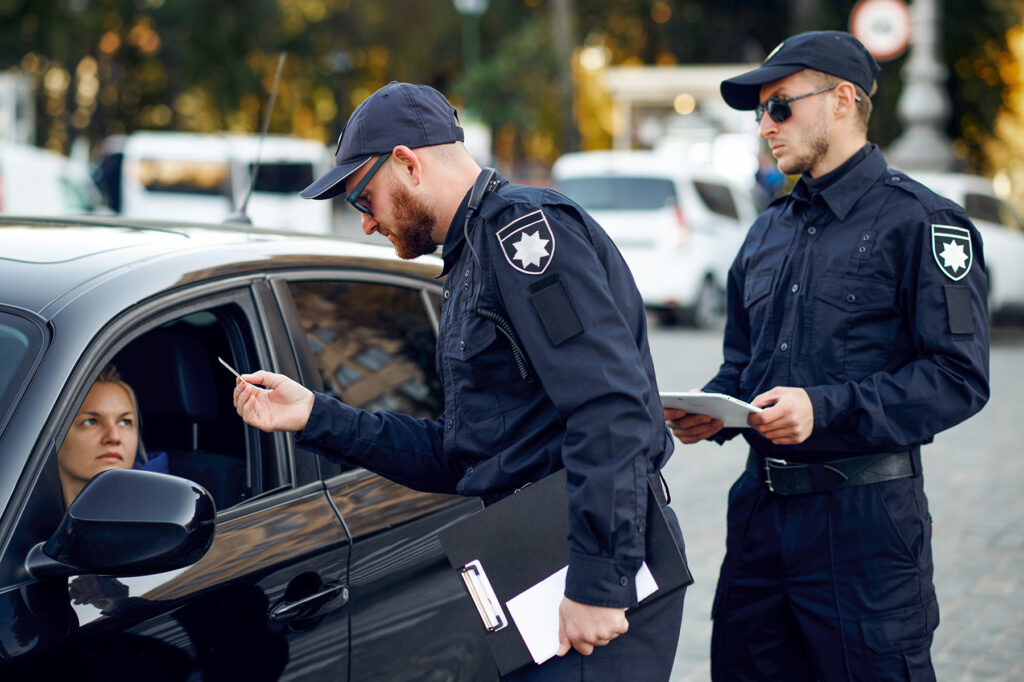
The answer depends on whether you are driving or walking on the street.
Law enforcement does not have the authority to ask you to “Stop and Identify” in California if you are walking down the street.
However, there is an exception. If you refuse to show your ID or verbally identify yourself, and the police officer has probable cause that you committed the crime they are investigating, they can arrest you for lack of showing your ID.
If you are driving and are pulled over, you cannot refuse to identify yourself to the officer. Doing so will lead to your arrest and potential criminal conviction. While you are not required to carry an ID while walking, you are required to carry an ID while driving.
I’m driving without a driver’s license because I forgot mine at home. If I get pulled over, can I show the police officer a photo of my ID?
California does not allow a driver to use a photo of one’s ID as a replacement for the actual ID.
The driver could be charged with a misdemeanor or with an infraction which would require the driver to pay a small fine.
Aside from the legal requirement to carry a driver’s license while driving, there are also other consequences as well. If a driver were in an accident, the driver’s license would help the responding officers to be able to identify the driver in order to reach out to the driver’s family.
Does a passenger in a vehicle have to show ID in California?
The passenger in a vehicle that is pulled over by a police officer does not need to show their ID, because they are not the person operating the vehicle. Only the driver has the obligation to carry a driver’s license on their person. However, it is best for the passenger to bring their license as well in case the passenger ends up needing to drive the vehicle.
Need Help?
As a US Citizen, you are afforded certain rights under the US Constitution. If you’re facing any violation regarding your rights, especially your protection of privacy under the Fourth Amendment, attorney David L. Faulkner will be able to have evidence excluded, suppressed, or perhaps the entire case dismissed. Contact The Law Office of David L. Faulkner to speak with an attorney.


